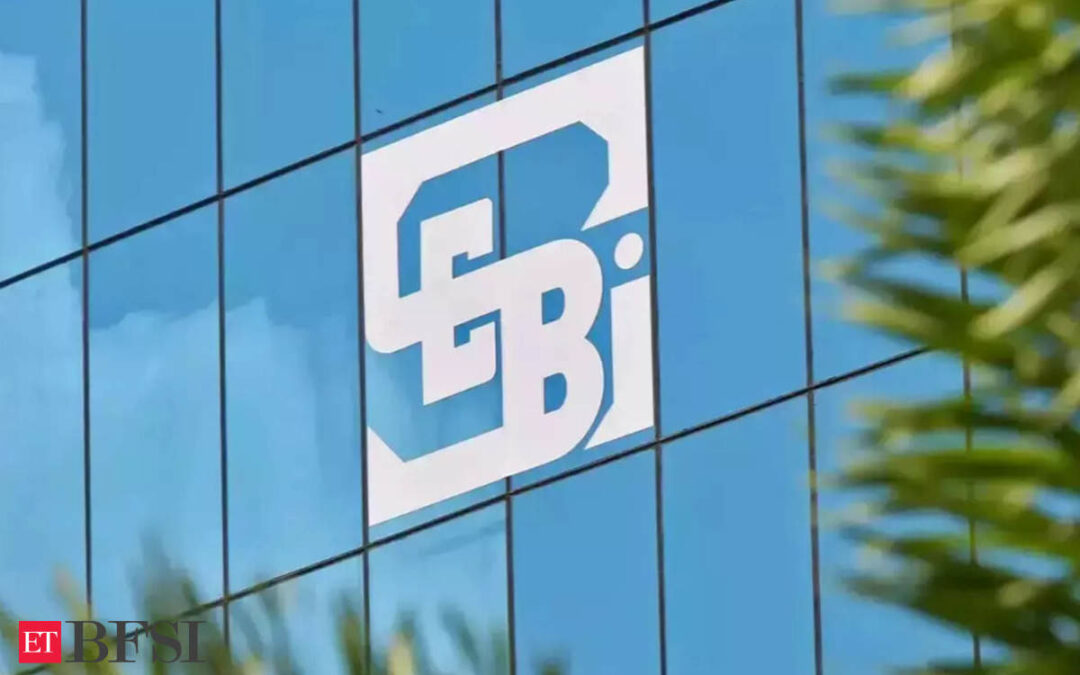India’s securities regulator, worried about malpractice in a frothy IPO market, is investigating six domestic investment banks that have worked on offerings by small businesses, two sources with direct knowledge of the matter said.
The probes by the Securities and Exchange Board of India (SEBI) began earlier this year and are focused on the fees that the banks have charged, according to the sources who declined to be identified as the investigations are confidential.
It has found that at least half a dozen small investment banks have charged companies fees equivalent to 15% of funds raised via their IPO, they added. That’s much higher than the standard practice of 1-3% in India.
Reuters was not able to learn the names of the banks under investigation. SEBI did not respond to requests for comment.
The investigations follow efforts by SEBI to warn investors about the dangers of investing in some small businesses as well as plans for tighter rules for such IPOS.
In India, smaller businesses with annual turnover of 50 million to 2.5 billion rupees ($600,000-$30 million) list on separate sections of the BSE and National Stock Exchange of India (NSE). There are fewer disclosure requirements and the offerings are vetted by the exchanges as opposed to large IPOs which have to be cleared by SEBI.
SEBI’s preliminary findings suggest that the high fees are being charged to ensure the offerings are oversubscribed, according to one of the sources.
The regulator is looking to curb coordinated activity between banks and some investors who break rules to place huge bids both as high net-worth individuals and as ordinary retail investors, the second source said.
“These bids are not genuine and are cancelled at the time of allotment but the high subscriptions end up attracting more bids and investments from other investors,” the source added.
India has more than 60 investment banks that actively work on IPOs for small businesses – a segment that like the rest of India’s IPO market has been booming.
In the last fiscal year ended in March, 205 small firms raised 60 billion rupees, a sharp jump from the 125 companies that raised 22 billion rupees a year earlier, according to PRIME Database, a capital markets data provider.
For the April-August period this year, 105 small firms have raised 35 billion rupees with more than two-thirds of the offerings oversubscribed.
Ashwani Bhatia, a senior SEBI official, said this month that IPOs for small and medium-sized enterprises have lacked checks and balances. The regulator will soon issue a proposal for tighter rules, he added.
As part of its clampdown, the regulator in July capped share gains for a small firm’s first day of trade at 90%.
The sources also said that SEBI has asked auditors and exchanges to be vigilant and stop companies from listing in cases where there is dissatisfaction with the information stated in IPO documents.
SEBI is also working on 12-15 action points that would tweak how smaller firms go about their IPOs, one of the sources said.










